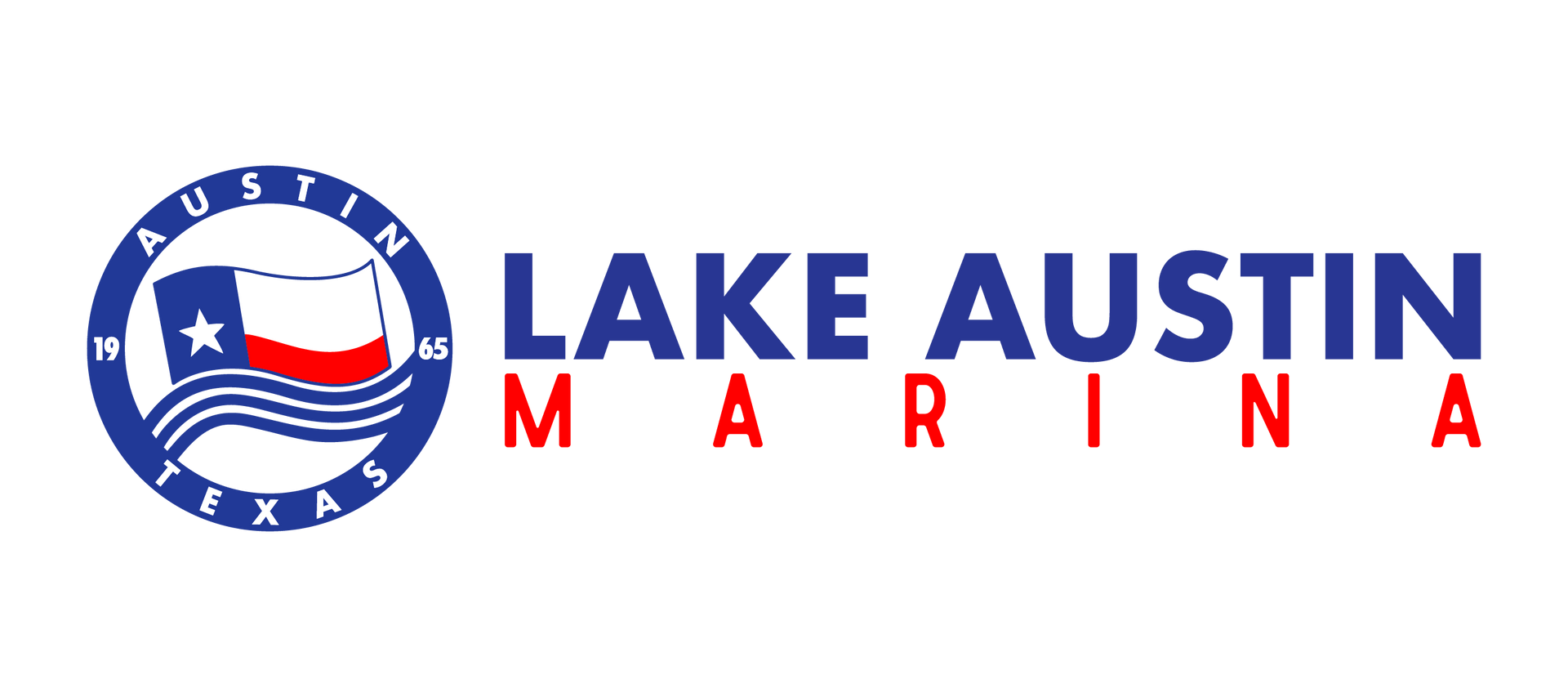BOATING TIPS & SAFETY
We have answers to many of your questions.
CONTAIN TRASH
Do not let trash blow overboard; trash must be retrieved.
Purchase and pack food in reusable and recyclable containers.
Buy products without plastic or excessive packaging - plastic used in products is harmful to fish and birds.
Do not throw cigarette butts overboard - they are made of plastic and are also harmful to fish and birds.
RECYCLE
Recycle cans, glass, plastic, newspapers, antifreeze, oil and lead batteries.
Visit www.cleanup.org
or call 1-800-CLEANUP.
Bring used monofilament fishing line to recycling bins at your marina or tackle shop.
PREVENT ACCIDENTAL SPILLS
The most common causes of accidental spills are:
1. Discharge of oily bilge water
2. Fueling and fuel transfers
3. Hydraulic system failures
4. Preventable vessel sinking
5. Improper vessel maintenance.
Visit http://www.glo.texas.gov/
for spill prevention programs.
Immediately report all coastal spills to: 1-800-832-8224.
HELPFUL RESOURCES
http://lakeaustinmarina.com/rules-regulations.pdf
http://www.tpwd.state.tx.us/
http://austintexas.gov/department/lakes
FUEL CAUTIOUSLY
Remember, fuel expands as it warms up.
Fill your tank just before leaving on a trip.
If you do fill your tank upon your return to port, fill it only 90%.
Use oil absorbant material to catch drips from fuel intake and to vent overflow.
Fill portable fuel tank ashore.
Add a fuel stabilizer to your tank if you use your engine infrequently.
CONTROL OIL IN THE BILGE
Keep your engines well tuned: no leasking seals, gaskets, or hoses.
Place an oil absorbent pad under the engine.
Replace oil absorbant materials at least once a year.
Check fuel lines for damage - replace with alcohol resistance hoses.
Secure fuel hoses to prevent chagind and leaks.
Never discharge oily bilge water.
Keeps bilges clean and dry whenever possible. Pump oily bilge water into a dockside holding tank or have it removed by specialized company.
For locations of oily bilge water reclamation facilities along the Texas coast, visit http://www.glo.texas.gov/
PROPERLY DISPOSE OF OIL ABSORBENT MATERIALS
If the pad is saturated with gas, allow it to air dry. Reuse.
If the pad is saturated with diesel or oil, double bag it in plastic.
CLEAN GENTLY
Wash your boat frequently with a sponge and plain water.
Use detergents sparingly.
Use phosphate-free, biodegradable and non-toxic cleaners.
Wax your boat — a good coat of wax prevents surface dirt from becoming ingrained.
Clean wood with a mild soap powder and a nylong brush.
Conserve water — put a spray nozzle on your hose.
MAINTAIN YOUR VESSEL WISELY
Collect all paint chips, dust and residue. Dispose in regular trash.
Share leftover paint and varnish.
Bring used solvents and waste gas to local hazardous waste collection day. For more information visit www.cleanup.org
Use less toxic propylene glycol antifreeze.
Keep your engine clean so you can spot leaks.
Slip a plastic bag over used oil filters.
Consider alternatives to toxic bottom paints.
SEWAGE
Never dishcarge raw sewage in U.S. territorial waters.
Use restrooms on shore.
Underway, use approved Marine Sanitation Devices (MSDs).
Disharge Type I or II MSDs over deep water — avoid swimming areas, marinas, anchorages and oyster reefs.
Establish a regular maintenance schedule for your MSD based on manufacturer's recommendations.
Pump out and rinse holding tanks regularly.
Use enzyme-based products to control odor and reduce solids in holding tanks.
Avoid holding tank products that contain quaternary ammonium compounds (QAC) and formaldehyde.
DISPOSE OF FISH WASTE PROPERLY
Do not throw fish waste into marina waters.
Discard waste over deep water or in the trash.
Save fish waste and use as chum or bait.
PROTECT SENSITIVE HABITAT
Proceed slowly in shallow areas.
Do not disturb wildlife.
Avoid contact with submerged aquatic vegetation (SAV).
Watch your wake — it can lead to shoreline erosion.
BE A RESPONSIBLE BOATER
Learn about environmentally safe products and practices.
Share the information with other boaters.
Obey laws governing speeding, littering and discharges.
Encourag boating facilities to provide trashcans, recycling bins and pumpout stations.
Support marinas that are environmentally responsible.
